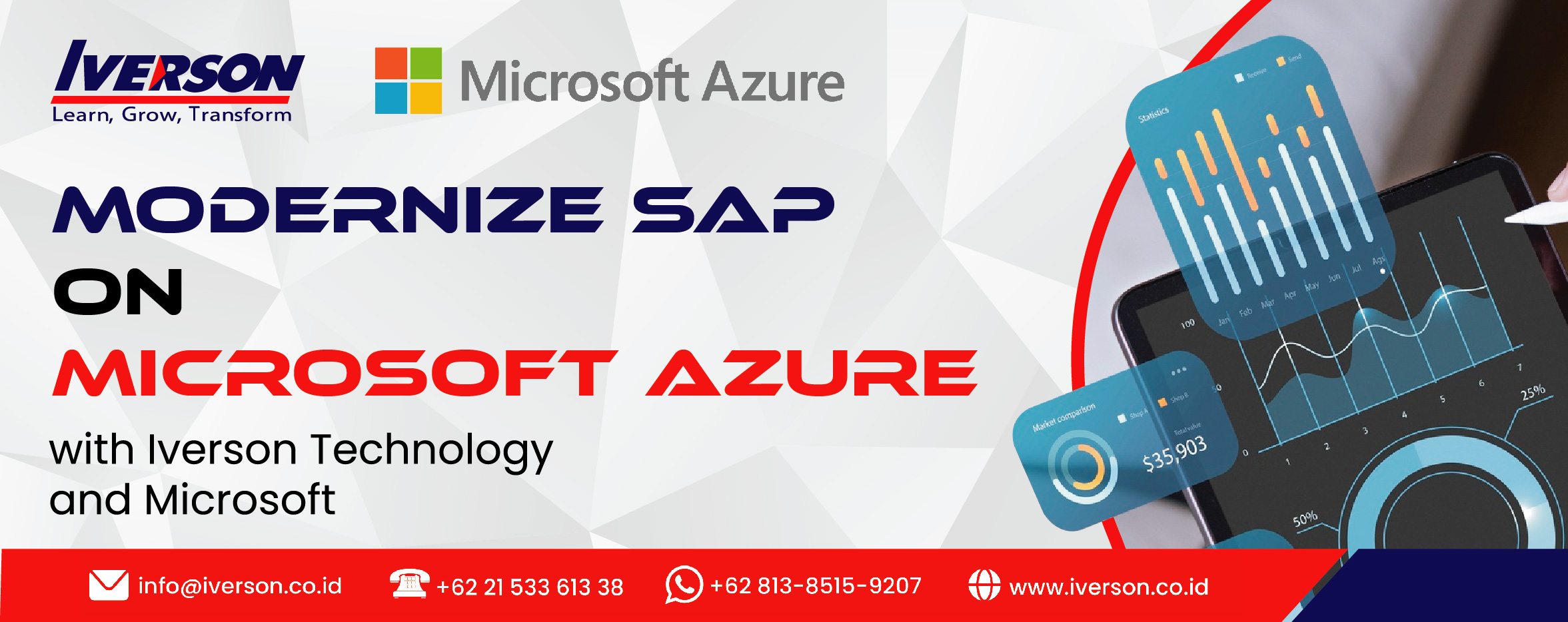As today’s businesses operate on a global scale, they face multifaceted challenges and ever-increasing complexities in supply chain operations. As the demand for their products is often unpredictable, they have to focus on more than just efficiency and innovation.
That’s where Supply chain management comes into the picture. It helps businesses build a more resilient network and optimize existing processes to keep up with the changing circumstances and minimize supply chain shocks. Let’s explore how you can delight your customers, maximize margins, and gain predictability in today’s volatile markets from effective supply chain management.
What is Supply Chain Management? Supply chain management encompasses all those activities involved in transforming raw materials into finished goods and delivering them to the end customer. It includes everything from raw material procurement, production planning, design & development, and warehouse management to shipping.
As today’s supply chain processes are becoming more complex than ever, businesses across the globe are using sophisticated tools and breakthrough technologies such as ERP software to transform their traditional processes, streamline activities, and gain deep analytical capabilities.
List of 10 Key Advantages of Supply Chain Management
- 1. Boost Productivity
Careful planning and execution during the supply chain activity enable companies to deliver products on time. They can deliver products more smoothly and on time, regardless of unexpected challenges (such as changing weather). - 2. Reduce Manual Errors
Supply Chain Management Tools automate various labor-intensive & error-prone tasks and make the entire process fully automated. It ensures smooth operations across diverse supply chain processes and helps meet high standards & consistency. - 3. Lower Production Costs
With an efficient supply chain strategy in place, businesses may be less affected by sudden spikes or drops in the demand for their products. They can forecast demand for their products and develop proactive strategies, ultimately reducing production costs. - 4. Reduced Shipping Costs
Supply chain management involves various procedures, from monitoring order patterns, tracking shipments, and optimizing delivery routes to making requisitions. Adopting ERP Application allows businesses to benefit from lower shipping costs, better cash flows, and higher revenue generation. - 5. Resilience to Supply Chain Shocks
Other advantages of supply chain management include lower supply chain shocks. An efficient supply chain management strategy delivers real-time data metrics at your fingertips. It helps you manage your stock more efficiently, monitor the performance of your distribution channels, and make your organization resilient to supply chain shocks. - 6. Mitigate Financial Risks
Typically, businesses face a myriad of challenges during the supply chain process, from rising transportation costs to port congestion. They can combat such challenges efficiently by performing a thorough cost & revenue analysis, identifying potential pitfalls, and becoming reactive rather than proactive to challenges. That’s easy when you integrate a Financial Management System with your supply chain management process. - 7. Optimum Inventory Levels
Integrating an Inventory Management System within the supply chain process acts as a robust framework for tracking and managing your inventory efficiently, leading to lower instances of stock tracking errors, inventory mismanagement, and storage costs. It brings 360-degree visibility into inventory operations and optimizes the replenishment process. - 8. Informed Decision-making
SCM allows you to analyze your spending, negotiate better deals with your suppliers, and free up the business capital tied up in the stock that isn’t selling. With those insights, you can evaluate what’s working and what’s not and make effective decisions. - 9. Better Stakeholder Relationship
With proper supply chain management in place, businesses benefit from improved transparency & traceability throughout the entire process. They can prioritize certain tasks, build a stable supply chain network, and promote better relations with external stakeholders. - 10. Quality Assurance
Supply chain management standardizes different aspects of the procurement process and determines from where raw materials are procured, how long it takes them, and how different quality assurance checks are performed. This helps build better products that last longer and provide a better customer experience.







